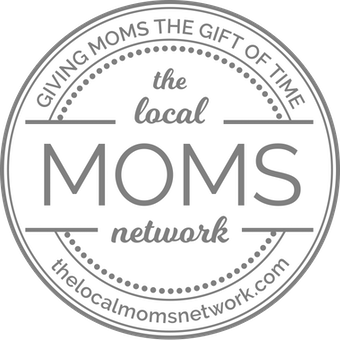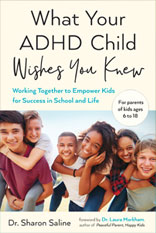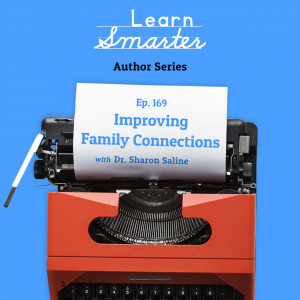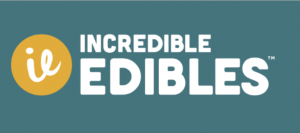Article by Eric Endlich, PhD and Sharon Saline, Psy.D. “Nia had been so excited to go to college. She’d been diagnosed with inattentive ADHD in eighth grade and received accommodations such as extra time on tests, preferential classroom seating and getting copies of teachers’ notes. An executive functioning coach assisted her in using a calendar and organizing assignments. Nia worked hard, graduated with a 3.8 GPA and moved into her college dorm with high expectations. Sadly, six months later, she was back home. Depressed, anxious and on academic probation, she’d isolated herself, dropped one class and failed two…”
Click here to read the article. 
 Hear how Dr. Sharon Saline explains what the first few steps as a parent you can do if you are worried that your child has ADHD and learn best practices for better parenting. – Totto Learning. Watch the video:
Hear how Dr. Sharon Saline explains what the first few steps as a parent you can do if you are worried that your child has ADHD and learn best practices for better parenting. – Totto Learning. Watch the video:  Hear how Dr. Sharon Saline explains what the first few steps as a parent you can do if you are worried that your child has ADHD and learn best practices for better parenting. – Totto Learning. Watch the video:
Hear how Dr. Sharon Saline explains what the first few steps as a parent you can do if you are worried that your child has ADHD and learn best practices for better parenting. – Totto Learning. Watch the video: 






